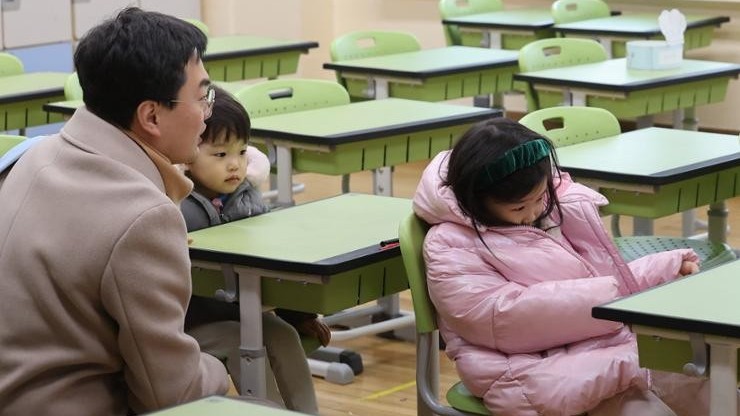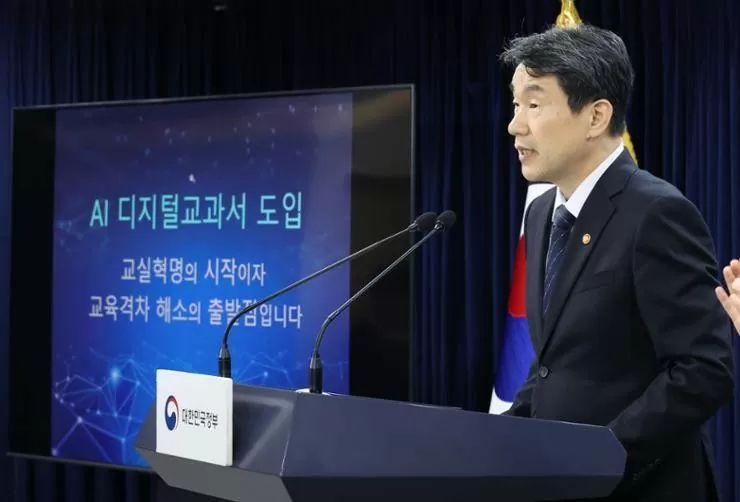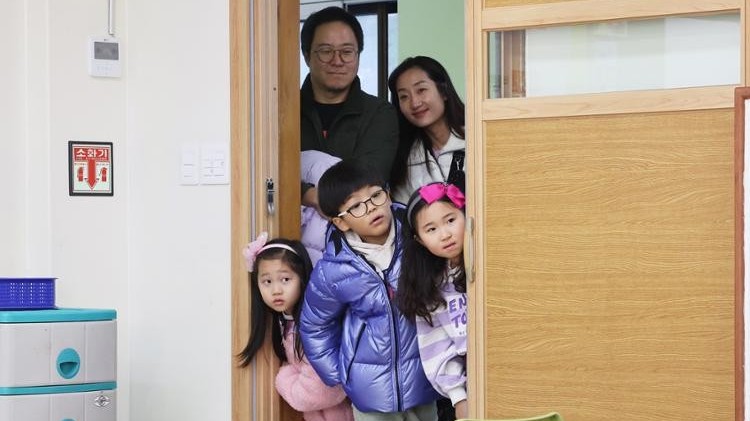
Korea to introduce AI textbook in 2025 amid digital overuse concerns
Latest
 |
| Education Minister Lee Ju-ho announces the certification results of AI-based textbooks and unveils the adjusted rollout plan at the Government Complex in Seoul, Friday. (Source: Yonhap) |
Korean government will introduce artificial intelligence (AI) textbooks for classes starting next year despite concerns about the effectiveness of digital learning and the potential for increased digital dependency among teenagers, the Ministry of Education said Friday.
AI textbooks will be rolled out as planned in March next year for mathematics, English, and information technology, targeting third and fourth graders in elementary school, as well as first-year students in middle and high school.
However, the ministry announced adjustment plans that will be applied from 2026. Digital textbooks will no longer be implemented for Korean, technology and home economics, while the rollout for social studies and science will be delayed until 2027.
These adjustment plans came in response to a request from the National Council of Governors of Education to slow the pace of the initiative, including delaying the introduction of AI textbooks for certain subjects.
"The ministry has been engaging with parents and teachers through various channels, actively listening to feedback from the field," Education Minister Lee Ju-ho said during a press briefing.
"We have carefully monitored the concerns raised during these discussions and have been reviewing policy alternatives since the development of AI digital textbooks."
The education ministry has completed its review of AI-powered digital textbooks, approving 76 out of 146 submissions for certification.
Starting Monday, the certified textbooks will be displayed at schools, and each school will choose from among them to use in classrooms starting in the upcoming school year, alongside existing print-based course books.
However, some warn that AI textbooks may face significant hurdles, with only three months remaining until the new semester.
The bill was passed by the National Assembly’s education committee on Thursday, which classifies digital textbooks as "educational materials" rather than official textbooks, is also cited as a key challenge.
Unlike textbooks, which must be adopted by all schools, educational materials are optional and can be used at the discretion of school principals.
Regarding this, Lee expressed concerns that if the bill is finally passed, it could not only deprive students of equal educational opportunities and hinder educational reform, but also widen the existing educational gap.
"The new digital textbooks are designed to support personalized learning by tailoring content to each student's level and pace. Teachers will also have access to data-driven insights, enabling more customized educational plans," Lee said.
"If the bill is applied to the AI digital textbooks approved today, it will cause significant confusion in schools that have been preparing to implement these resources."















